CC Goals - Mitigation: Oil & Gas
Oil & Gas
Regulating the extraction and treatment of oil and gas is an important part of meeting Colorado’s targets for reducing greenhouse gas emissions, or, GHG emissions. Natural gas consists primarily of methane, so to cut methane emissions, the State is focusing on the reduction of leaking and venting of natural gas. Extraction and treatment of oil and gas also requires heaters and engines such as combustion equipment that burns fuel, and these often run on fossil fuel products.
When the State plans for the oil and gas sector, there are two important areas to consider: upstream (the drilling and well production facilities) and midstream (compressor stations and natural gas processing plants).
Colorado State Oil & Gas Goals & Actions
The state has established a goal of reducing oil and gas sector emissions 36% by 2025 and 60% by 2030. In terms of oil and gas combustion emissions, the state has a goal of a 20% reduction by 2030.
Goals & Actions by Sector
The State has historically regulated methane and volatile organic compound emissions from oil and gas, with the first rule targeting methane emissions adopted in 2014. The State requires reducing emissions from most activities and equipment, including:
- Storage tanks
- Separators
- Leaking equipment
- Other specialized equipment such as for dehydration and maintenance.
One study found that with the emission reduction requirements in place through early 2021, the state has already accomplished the 36% reduction of methane emissions required by 2025.
In December 2021, the State established new oil and gas requirements for reducing GHG emissions (Regulation 7, Part B, Sections II, V, VII, VIII). This was the first GHG-focused oil and gas rule in the country. Colorado also adopted a rule that requires oil and gas operators to meet progressively increasing standards for decreasing GHG intensity through 2030. The State also adopted an intensity verification rule in July 2023, requiring the usage of emission measurement technologies on satellites, planes, or ground equipment to verify reported emissions accuracy.
Colorado continues to develop protocols to use measurement technology to verify that emissions reported to the state are accurate. The State is working with leading academic research experts at Colorado State University, University of Colorado, University of Texas, University of Maryland, and Colorado School of Mines, as well as with other regulatory agencies and programs like the Environmental Protection Agency and the United Nations Environment Programme to take this action.
In December 2021, the State established the Midstream Steering Committee. This committee allows the state to work actively with electric utilities, operators, local public health agencies, representatives of disproportionately impacted communities, and non-governmental organizations to develop a 2024 rule that requires the reduction of carbon dioxide and methane emissions from combustion equipment at compressor stations and natural gas processing plants.

